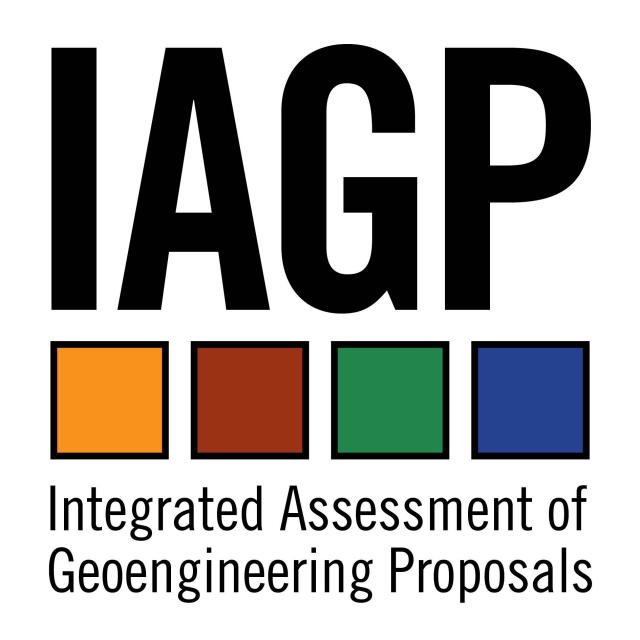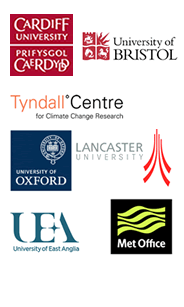You are hereCollaborations
Collaborations
Members of IAGP have engaged in a number of collaborations with both UK-based and international organisations and research groups:
European Trans-disciplinary Assessment of Climate Engineering (EU TRACE)
Nem Vaughan (University of East Anglia) and Jim Haywood (Met Office) are part of this European project on assessing geoengineering (or 'climate engineering'). This project draws together European expertise on the physical and social science issues surrounding geoengineering and includes dialogue with European publics and stakeholders. The EU TRACE project is led by the Institute for Advanced Sustainability Science (IASS) in Potsdam, Germany, and brings together climate engineering experts from 14 world-class institutions across 6 European countries (Austria, England, France, Germany, Norway and Scotland).
Risk Perception & Social Response Research Group at the Centre for Nanotechnologies (CNS) in Society, University of Santa-Barbara, California
Nick Pidgeon from Cardiff is Co-Leader of this international research collaboration. As a major centre for the study of emerging technologies, CNS at Santa Barbara provides an important link between IAGP and risk perception researchers studying nanotechnologies. A collaborative international survey of public attitudes to nano and geo is planned for 2013, using funding from CNS.
The Geoengineering Model Intercomparison Project (GeoMIP)
GeoMIP was born out of a need to answer the question, "What are the expected climate effects of geoengineering?" Multiple groups in the past have conducted climate model simulations of geoengineering, but prior to this project, very few of them had done the same experiment, which makes it difficult to determine which features in the results are actually due to geoengineering and which are specific to the model on which the simulation was conducted. GeoMIP serves to organize geoengineering simulations by prescribing the experiments which all participating climate models will perform. GeoMIP is an endorsed community coordinated project, as designated by the Working Group on Coupled Modeling of the World Climate Research Programme, as the experiments are synergistically built upon the CMIP5 experiment framework.



